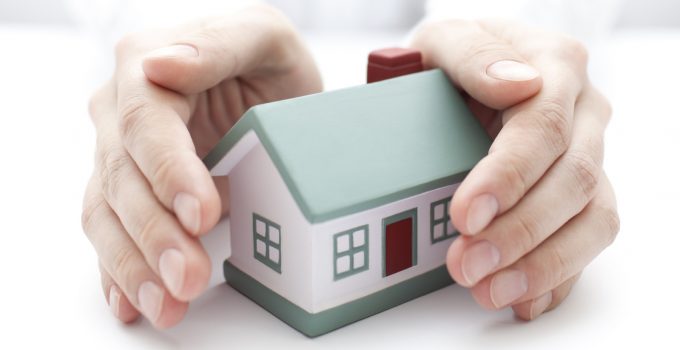Your home is your castle; a place of privacy, refuge, comfort, and security, and it should always feel safe. However, because we live in the warmth of our homes with little or no instances of trouble, it is easy to forget that we are surrounded by numerous potential safety and health hazards.
Creating a safe home environment where a family can grow and thrive should be a top priority for every homeowner. Fortunately, the safety and health hazards that lurk around our homes are pretty easy to address. Here are some home safety tips you can put into action to increase its safety and comfort.
1. Always remember home fire safety
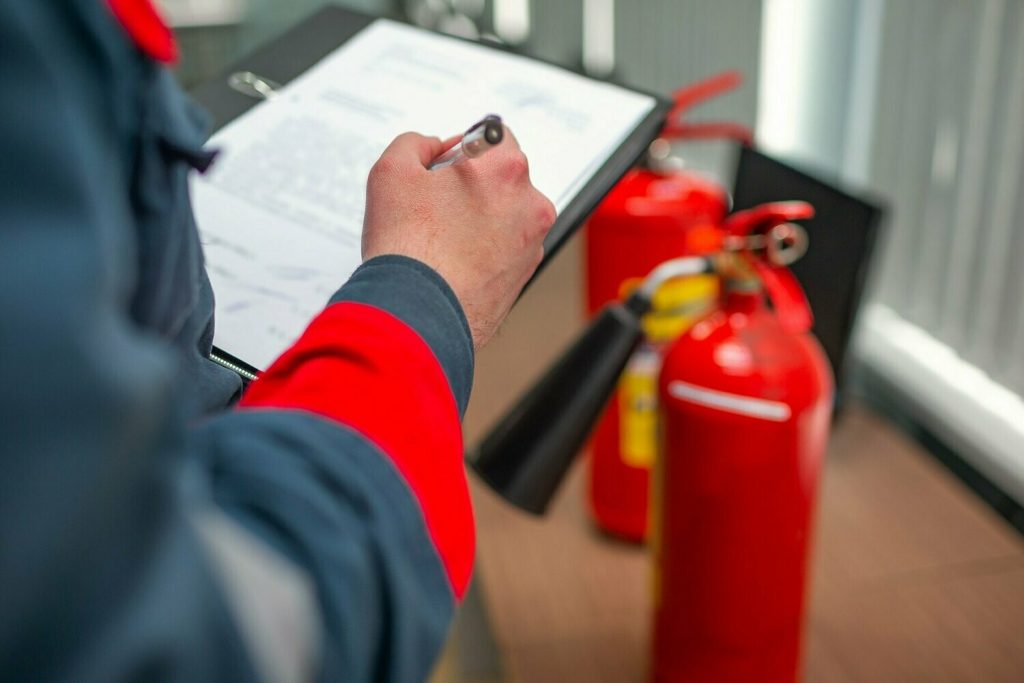
img source: safetycourseireland.ie
Waking up to smoke and flames is one of the most devastating things that can happen to your family and home. Home fires can be life-threatening, and you also don’t want to deal with the costly fire restoration process. Here are some steps you can take to reduce the risk of a home fire, according to ifloodedrestoration.com:
- Install and maintain smoke alarms on every level of your home
- Create several escape plans that get you out of home in two minutes and practice them with your family
- Never leave cooking unattended
- Service your chimneys, central furnace, fireplace, and wood stoves at least once a year
- Use ground fault circuit interrupters in the bathrooms, kitchens, and other wet areas
- Store a fire extinguisher on every floor of your home
2. Pay attention to safe housekeeping
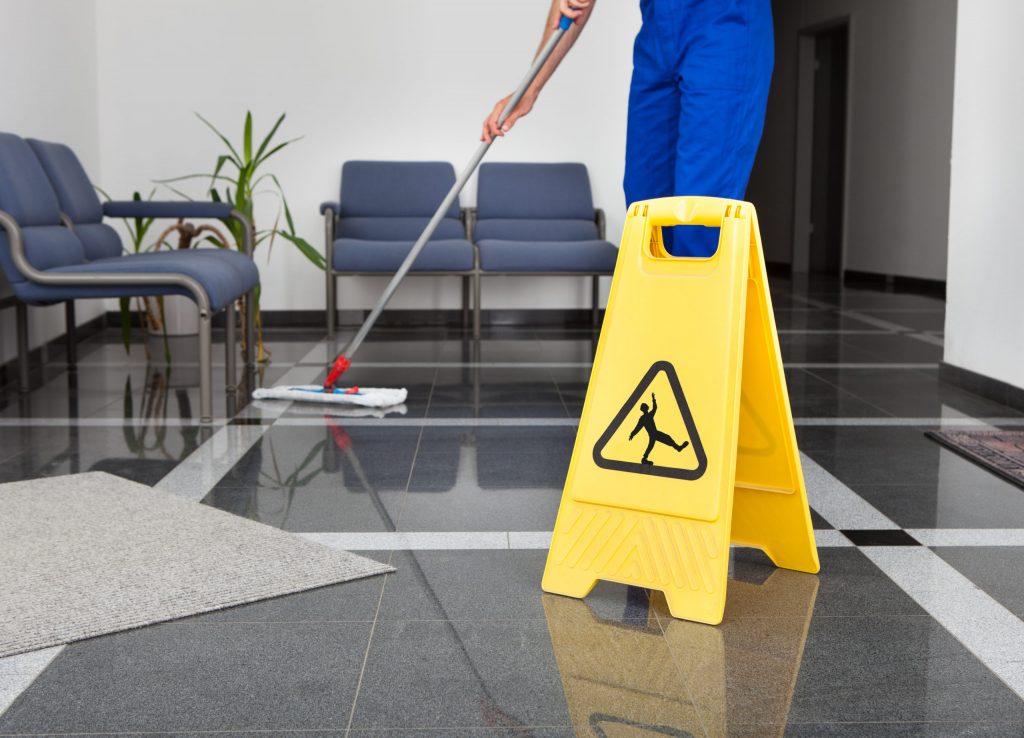
img source: safegardgroup.com
Maintaining basic safety hazards can help to keep minor basic safety hazards at bay. Some minor safety hazards that shouldn’t be neglected include unorganized rooms, broken glass, clutter, and misplaced codes, which can cause tripping. In addition, ensure the floors are well dried after cleaning, unplug kitchen appliances when not in use, and properly store dangerous solvents, cleaners, and hazardous materials.
3. Secure your home
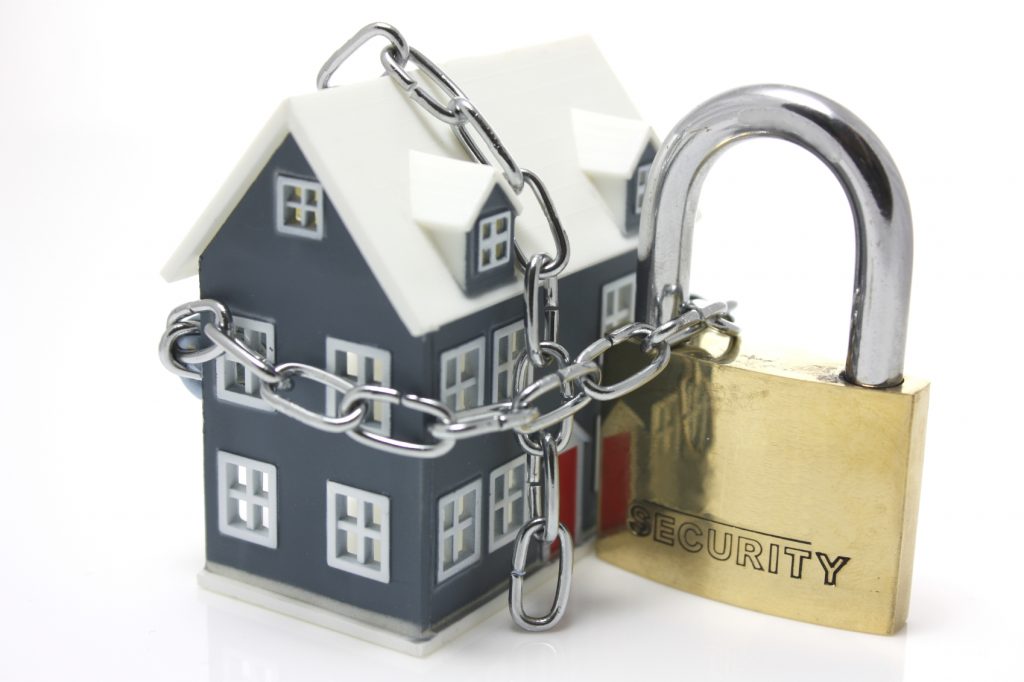
img source: vintank.com
About 2.5 million U.S. citizens are victims of burglary each year, and two-thirds of these are home invasions, according to the U.S. Justice Department. According to alarms.org, a home without a security system is three times more likely to be invaded compared to a home with a security system. Potential security threats are probably the biggest safety hazards that come with homeownership. Securing your home to keep your family safe should be a top priority. Here are easy ways to secure your home:
- Secure the doors to avoid making it too easy for criminals to stroll through your door. Ensure the hinges are protected, and frames are strong. You can invest in a smart lock and video doorbell
- Light up your compound
- Install a security alarm
- Clear shrubs and trees around your home that could act as a convenient hiding place for burglars
- Install security cameras. Apart from keeping you informed on what is happening at home, they help to deter criminals from breaking into your house.
4. Maintain the air conditioner
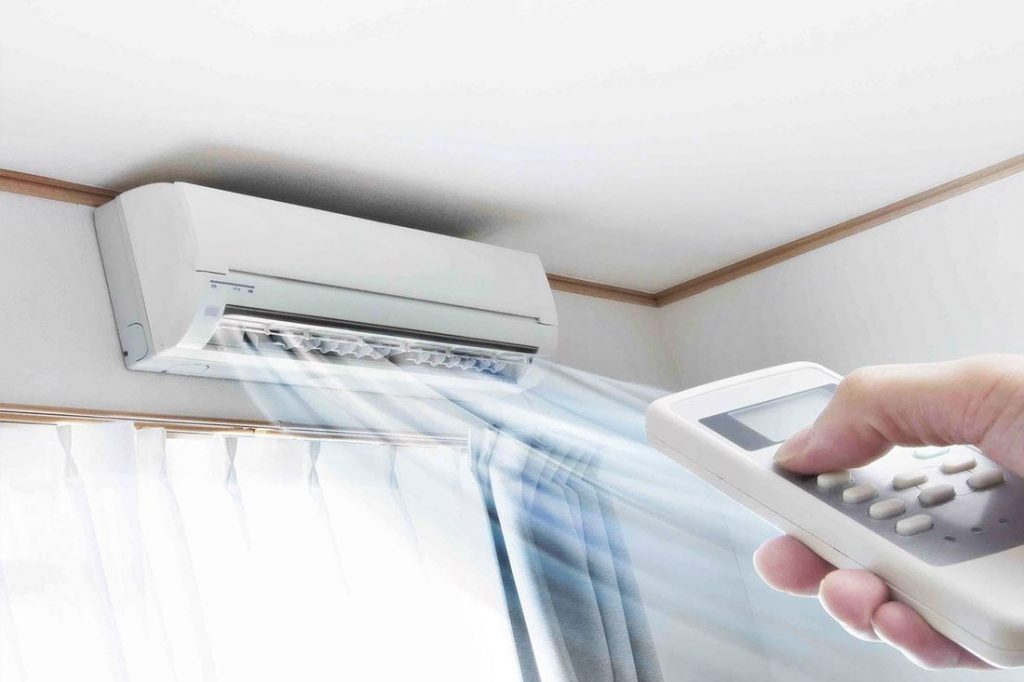
img source: dieweltnews.com
Air conditioners are no longer a luxury; they are a necessity for every household. Without an air conditioner in your home, it is difficult to live a comfortable life. It helps to make the atmosphere of your home relaxed and chilling. If not well maintained, the air conditioner won’t properly filter out the air, resulting in toxic air, which can be harmful to your family and pets. Keep your air conditioner healthy and replace it when necessary to enjoy the health benefits of air conditioning.
5. Fix electrical risks

img source: constructionexec.com
Electricity is critical as it helps us run almost everything in our homes, but when handled in the wrong way, it can lead to massive losses. As a responsible homeowner, do frequent checks around your home to ensure that all electrical cables and appliances are in good condition. Replace any faulty and leaking wires with new ones and dispose of any malfunctioning appliances.
When replacing bulbs or cables, do it the right way or call someone who understands the procedure for help. In addition, overcrowding sockets is dangerous and can cause fires that can raze down your lifetime possessions, and it is crucial that you use certified extension cords to free up your electrical outlets. Lastly, if you are not an electrician, do not be tempted to fix defective electrical systems by yourself. Instead, call a certified electrician for help.
6. Keep your personal information safe
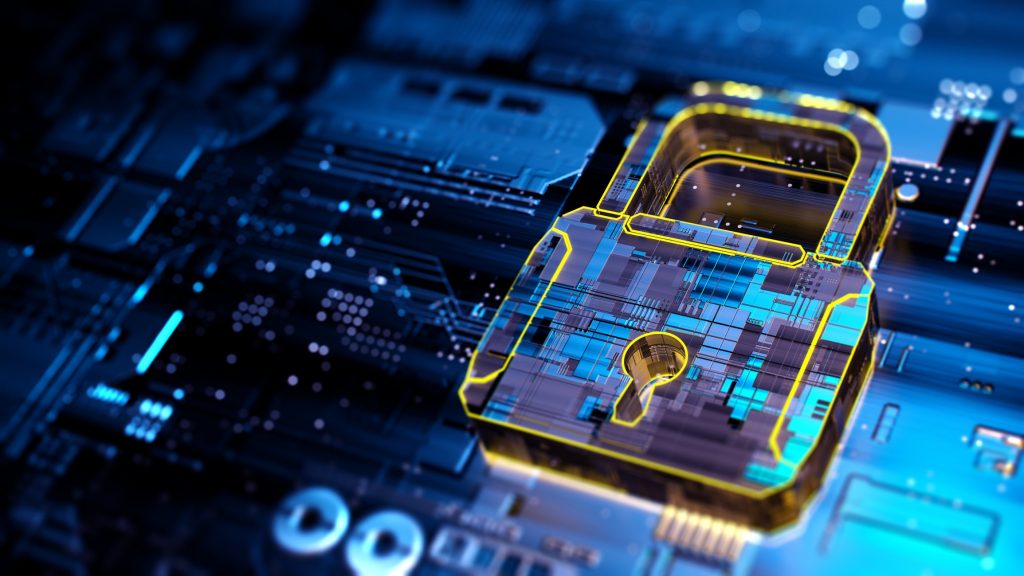
img source: dailysabah.com
Technological advancements have turned the world into a global village. With a single click, you can shop online, make new friends, or even apply for a new job. These are great milestones that everyone should appreciate, but, unfortunately, bad people exist everywhere, including on the internet, and are always ready to prey on naïve victims. You need to apply the necessary measures to avoid falling into their traps.
For parents, the dangers posed by the internet are even worse because you never know who your kid is talking to on their phones. Be sure to monitor your children’s social media use. In addition, let them know the risks of sharing personal information or home addresses with unknown people.
Practice food safety
Most people will keep every part of their home safe but ignore their kitchens, thereby exposing themselves to food-borne diseases. To keep yourself safe from illness caused by contaminated food, always make sure your kitchen is clean and put everything in its place. For instance, keeping vegetables and raw meat together can lead to cross-contamination.
When preparing meals, make sure that you maintain the right cooking temperature and cook for enough time to completely destroy harmful germs and bacteria. Use a kitchen thermometer to tell if your food is ready for consumption instead of smelling or tasting it. If you wish to preserve your meals for later use in a fridge, allow them to cool first to limit the growth and spread of bacteria.
Endnote
Nothing is more important than your family’s health and safety. These tips will help to eliminate the safety and health hazards that lurk around your home. Most importantly, make sure to improve your home fire safety, practice food safety, fix electrical problems and enhance your home’s physical security.

